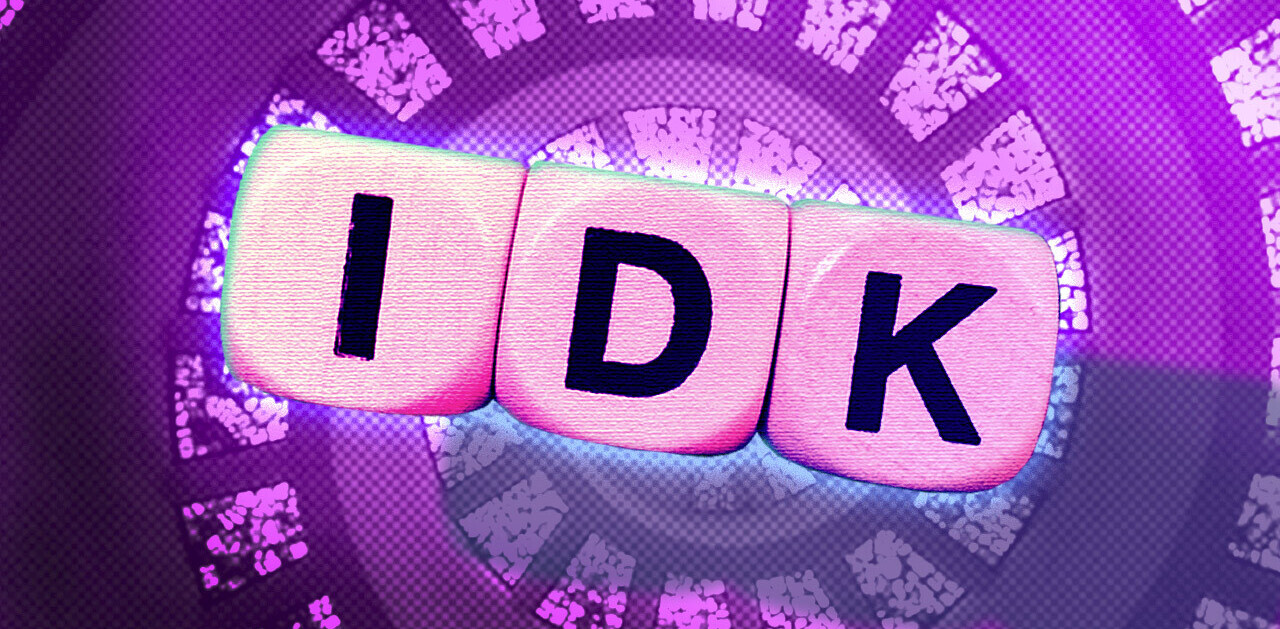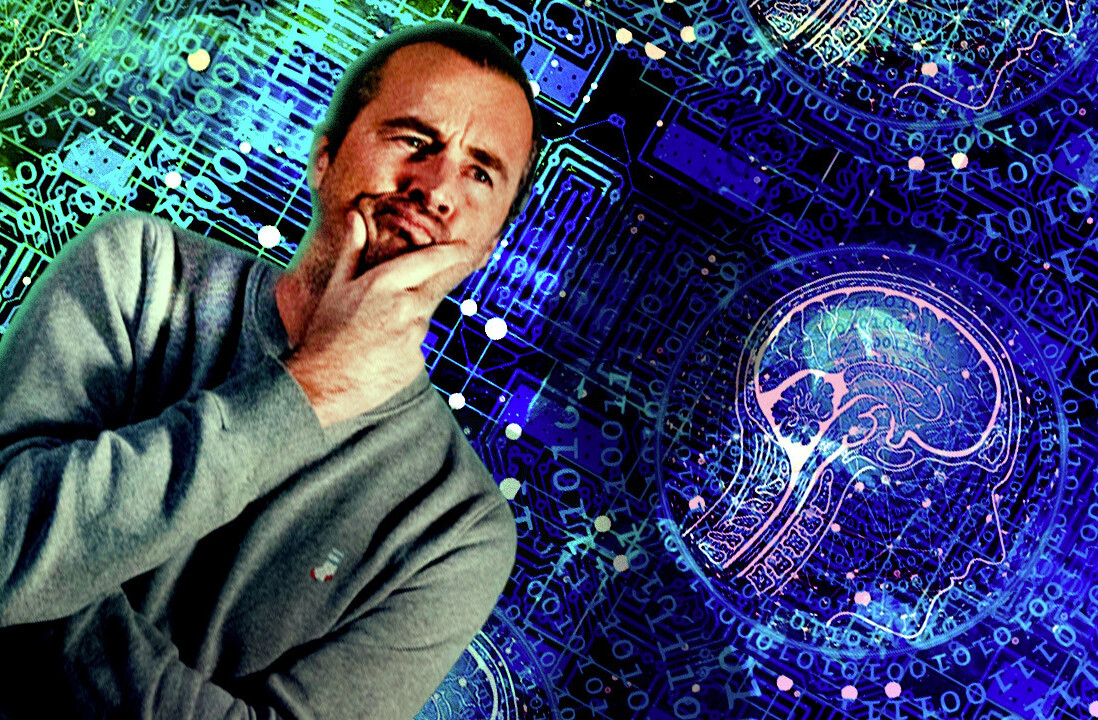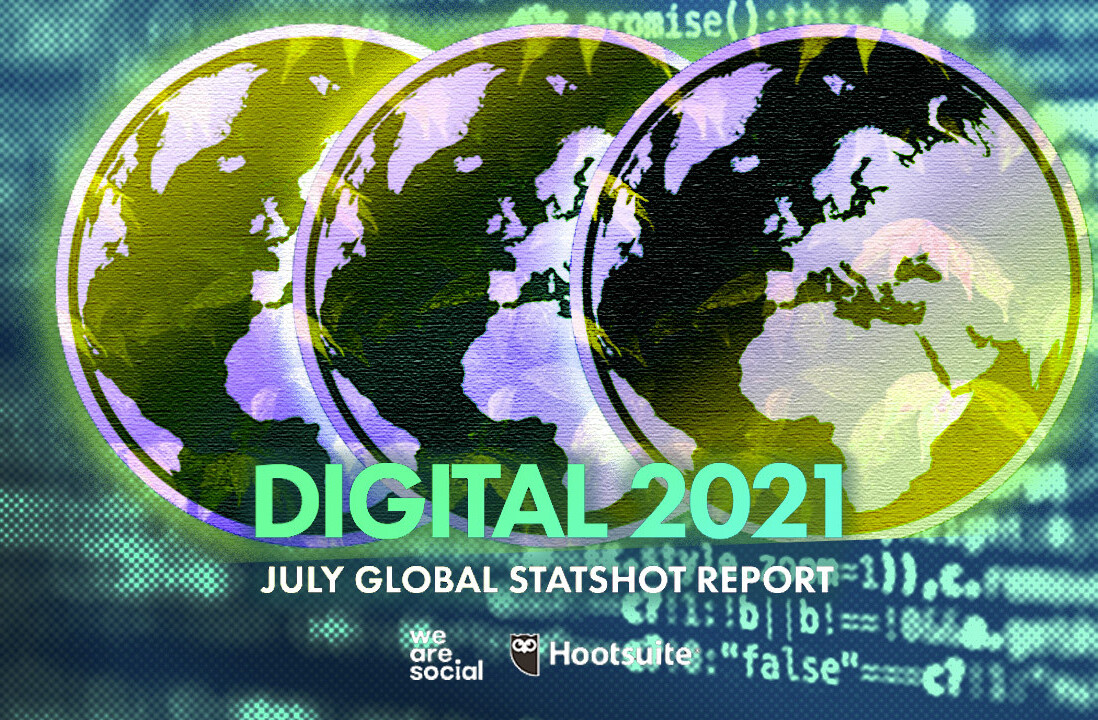The writing is on the wall for a global economic slowdown, and tech entrepreneurs will be severely impacted. The dot-com crash of 2001 is still etched into my memory, as I had helped launch a game tech company that nearly died when the capital markets seized. We went from five people to 30 and back to five, and by struggling, scrimping, and executing well, we managed to survive the downturn and sell on the other side.
Since then, I’ve worked with thousands of aspiring founders as a mentor and angel investor. Most early-stage entrepreneurs have minimal experience failing — and there is no easy playbook for learning from these mistakes in a systematic way. I was living proof: when Apple sherlocked my venture-backed startup last year, all the terrible feelings from 2001 came rushing back.
We are often told to “Fail Fast,” “Break Things,” and “Fail up,” but no one really teaches you how to handle the emotional fallout when things don’t go the way you planned. This matters because riskiest things you do are highly unlikely to work the first time, and the psychological toll can be significant.
So if failure is the best teacher, it is important to learn how to fail well so that you can succeed. After looking at many failures — both mine and others — I’ve adapted a famous psychological schema called the Kubler-Ross model (a.k.a. The Stages of Grief) to help you process your feelings if (when) things go sideways.
Denial
In the early stages of a startup failure, you will be in denial. This is due to the “stubborn genius” myth, a pervasive belief that great genius has to keep persevering when the world says “no,” even if it means going alone.
When the axe finally falls you will second-guess why you didn’t call it quits sooner. This phase is often your last chance to exit gracefully before a catastrophe.
Anger
As your startup slowly declines, you will likely feel anger toward your lazy employees, feckless co-founders, dilettante investors, and users that simply doesn’t understand your vision. In this phase we may become unusually “snippy” with teammates, and are quick to act out if provoked.
This phase’s biggest risk is that you will both be hurting yourself physically with excessive stress and creating ill will that will damage your most important professional relationships. Not taking steps to reduce your anger will cost you in the long-run.
Bargaining
In the bargaining phase, you generally start engineering your startup/fundraising strategy to appeal to people at any cost. Whereas before you were holding out for the best investors, the best talent and the highest-profile media, now you’re an opportunist trying to unload the venture on anyone within earshot.
Of course, savvy buyers can usually spot a desperate seller, and nothing kills growth opportunities faster than a whiff of desperation. Don’t confuse the bargaining phase of loss with employee/investor negotiations. If you can’t persuade insiders to continue supporting your vision, widening the circle is unlikely to solve your problem.
Depression
This is probably the least talked-about and most poorly understood aspect of the startup founders journey through loss. Who knows how many founders have killed themselves, turned to drugs, or suffered lasting psychological scars as a result of their failures. And because this is often the point where team-members and co-founders jump ship, you may feel even more alone and helpless than before.
Taking care of yourself in this phase is key, because you will need to recover before you can do it again.
Acceptance
It’s been over six months since I shut down my last startup. I remember feeling a weight lifted off my shoulders the day I decided we weren’t going to continue. But that sense of relief was relatively short-lived, and even now hardly a day goes by where I don’t run through a mental checklist of the ways I messed things up — the mistakes I made, the failings of vision, and my lack of understanding of the grief I was experiencing.
Received wisdom is that it takes one month for every year of dating to recover after the breakup of a relationship. I think startup founders can easily multiply this by a factor of two or three, and recognizing the time it will take to accept this loss is critical to your future success. You must build in some downtime.
Evidence supports the power of learning through failure, but we need to learn to fail better. Not just faster, not just more often, but with greater agility and self-awareness. We need to be kinder to ourselves and to each other, and uncover the bio and psycho-mechanics of failure to avoid developing startup PTSD. I call a comprehensive approach to this issue “Failosophy,” a unifying theory of analysis and action that enables entrepreneurs and executives to take important risks and rebound more quickly.
I care deeply about this problem because I love the entrepreneurial spirit, and I feel that it is necessary if we are to advance humanity and avoid catastrophe. If you aren’t on the precipice of failure, you’re probably not living up to your full potential. Learning to fail better will help build that resilience to benefit yourself, your community, and the world.
Enjoyed this article? Gabe Zichermann will be speaking at TNW2019. Don’t miss it — get tickets now.
Get the TNW newsletter
Get the most important tech news in your inbox each week.






